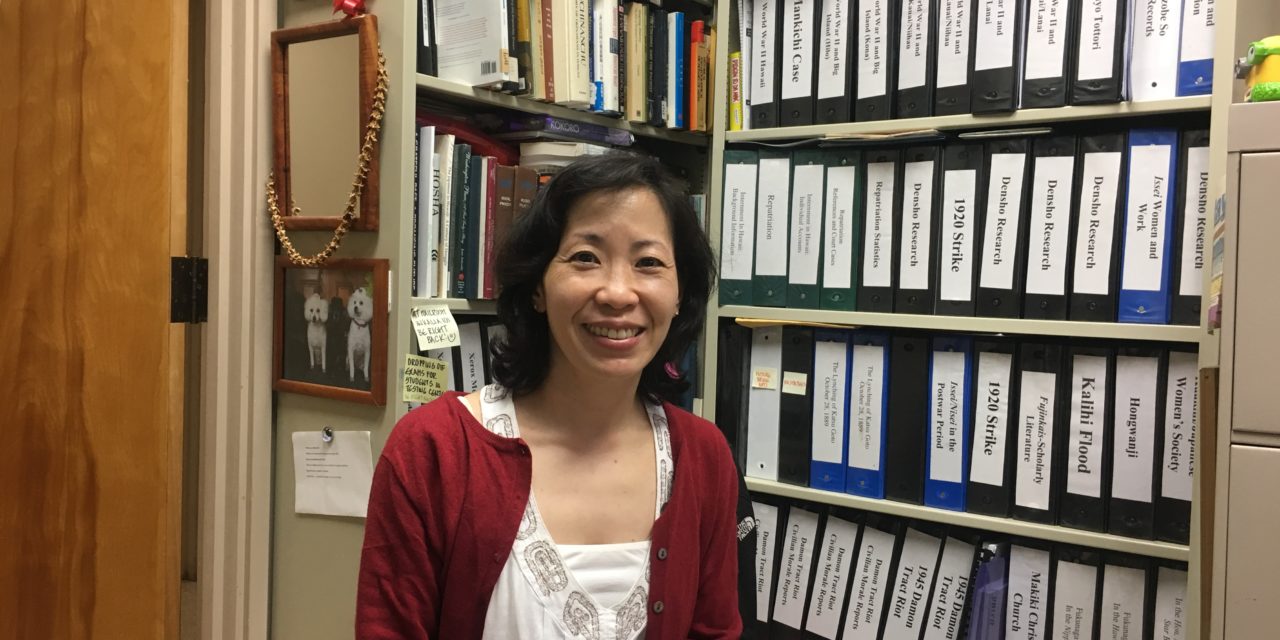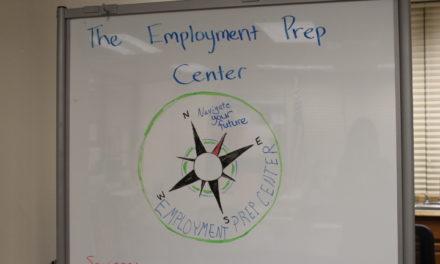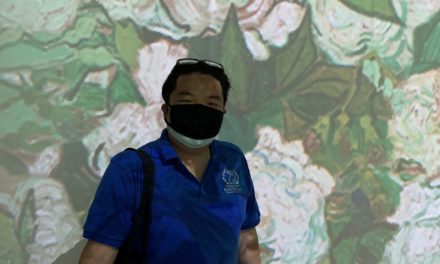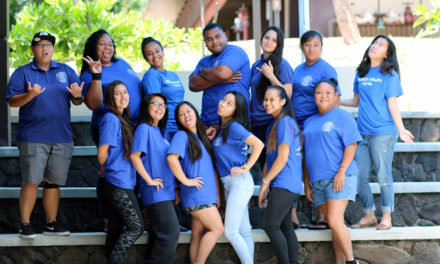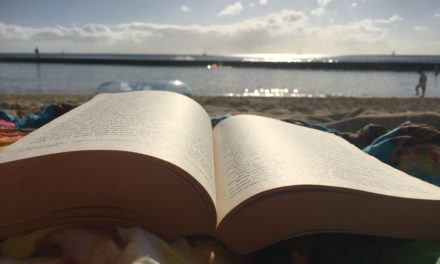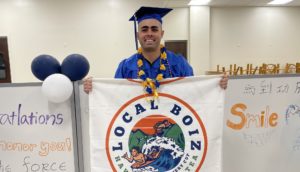By Katlin Cilliers | Staff Writer
Ask a Professor is a regular feature in which The Kapiʻo News will highlight the real-life careers and jobs that stem from areas of study at Kapiʻolani Community College.
During her undergraduate years, Kelli Nakamura was unsure of which major to declare. At the time, she leaned toward political science and hoped to become an attorney. Landing an internship at a prestigious law office was particularly valuable, as she learned that the ins and outs of the job that were unappealing to her. That experience prompted her to pursue something else entirely. Today, Nakamura holds a doctorate in history from the University of Hawaiʻi.
For students who are still uncertain of their major, she recalled her own change of heart.
“Get great experiences, you know? Volunteer, intern, try out different things,” she said. “Ask professionals in that particular field. Study abroad, visit different places, travel. Because it really broadens your understanding, not just about the world, but about yourself, and what you think you’d like to do.”
Please allow me to go back to the law internship bit. What was it exactly that you didn’t like?
“The law, so, legal writing is, for me, very dry, not very interesting, and it was arguing about a lot of case law, and facts and things like that. … I also realized that … I didn’t like being in an office or cubicle environment all day long. [The internship] was [in] one of those big, beautiful firms, it was in downtown, yeah, here in Honolulu. 36th floor, beautiful view, Honolulu Harbor, and I just felt I wasn’t appreciating it, because I wanted to be outside, and I wanted to meet different people.”
What professional experiences did you have in the field of history?
“Fortunately – or unfortunately – every single time I graduated, the economy was terrible. So, in 2000 when I graduated, that was when the internet bubble hit and the economy was in shambles. … So I went to grad school. … And I graduated in 2003, the economy was again terrible. I think that was when 9/11 had hit, right? So the economy was still terrible. So I thought again … the professor said, ‘You know, you really should try for a PhD,’ and you know, [that] was something unfathomable. And I thought, ‘OK, sure, why not. I’ll give it a try.’ And so, I not only, again to pay for my graduate school I was working as a teaching assistant, a graduate assistant, doing research. I became an editor.”
Who did you work for, as an editor?
“I worked for firms, and private firms and people want articles being written. I wrote about, so for example, I had an advertising firm who was interested in collecting Hawaiian history, and posting little articles. It was this [firm] called Infographics. And so, whenever they do community projects, they want historical information.”
What can a person with a degree in history do?
“There is a lot. You can branch out into different fields. I have people become computer people, because they want content and information, and we have a background. You can go into politics, you can go into research, you can go into writing and publication. You can go do something particularly different. You can go into management, because what history and in general most of [liberal] arts will teach you is critical thinking and writing. And in our social media age, you know, yes we love photos, and yes, they’re important, and captions and texts and context really does matter. So if you can communicate well, I mean, that’s a very marketable strength. That’s what employers are looking for, people who can write well, people who communicate well, who can work well with others, who can do collaborative work, but also work independently.”
You mentioned a research trip to Japan. What did you do there?
“I researched about atomic bomb victims.”
Can you tell me more about your experience doing research in Japan?
“So, I was very lucky to be a recipient of the Goto of Hiroshima foundation. Then again, there’s lots of amazing study abroad opportunities right now, where a former atomic bomb survivor was actually born and raised here in Hawai‘i. And she was an orphan, and she was adopted by a family and brought back to Japan. She was born and raised here, so she has ties here, and she was brought back. It was right before WWII, and she was a victim of the atomic bomb. So she suffered from radiation and things like that. Now, a lot of people can use that as defining event, of a life of tragedy, and ‘why was it me,’ so terrible, OK? This woman dedicated her life to help other people. So she became a doctor. She had a family, she was a community activist, and she had a scholarship to bring a Hawai‘i person to Hiroshima to understand the effects of war and the atomic bomb. And not in a negative way, but as in an opportunity for growth and understanding. So I was able to go there, and actually interview – this was over 10 years ago now – surviving atomic bomb victims, including the survivor herself.”
What’s the most remarkable thing from those interviews?
“It was that even despite incredible hardship, people have a lot of resiliency and there’s for some people, an incredible capacity of forgiveness. That’s, you know, people can get very bitter about it, you know? ‘I suffered, why was it me?’ It’s terrible. But you hear, you hear a story about resilience, about using this to do better in our lives. To learn from this experience.”
Thinking of the more mainstream careers in history, what are some of the qualities a student needs?
“Critical thinking, writing and reading skills. Just in general, and I don’t think it’s just history. College. College students need critical thinking, writing and reading skills. It’s communication. Bottom line … you wanna be a critical consumer of information. You don’t wanna be just repeating information you see on social media.”
[To read previous Ask a Professor features, click here.]
[Editor’s note: this interview has been edited for length.]

